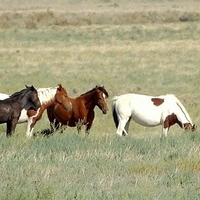A Question of Sex
Cloning, Culture, and Legitimacy Among American Quarter Horses
DOI:
https://doi.org/10.52537/humanimalia.9526Abstract
Quarter Horses are considered one of the earliest and most enduringly popular breeds of horse that is “native” to the United States.
The American Quarter Horse Association formed as a breed registry in 1940, and set clear rules for what horses could be called Quarter Horses in its stud book. In 1940, no reliable methods of human-assisted equine reproduction existed, so the stud book rules governing acceptable horse congress were designed to regulate physical sexual encounters between horses in order to prevent genetic fraud. However, in a more recent age of DNA identification and the proliferation of reproductive technologies, the AQHA studbook’s rules for equine mating have come under pressure.
In fact, after several years of legal back-and-forth on whether to allow cloned horses to be eligible for AQHA registration, the AQHA denied that clones could be Quarter Horses, and rewrote its studbook parentage requirements to explicitly state that a registered horse must have two parents — one male, one female. Echoing the rhetoric of contemporary anti-gay marriage legislation such as the 1998 Defense of Marriage Act, the AQHA objected to the inherent queerness of cloning, and retreated to conservative ideas of an offspring’s legitimacy. This essay traces the contentious debate about the place of cloning in a breed-defining studbook -- one that is historically invested in American cultural traditions tied to conservative definitions of family and kin (whether human or animal) that support heteronormative sex. The example of Quarter Horse cloning situates this technology as a key marker of the biological Anthropocene, and illuminates cultural ideas that have shaped what it means to breed and to be a breed. Cloning cracks open the foundations — genetic and cultural — that have supported the ties between “America” and “America’s Horse,” and offers a broader examination of its redemptive potential in light of its challenge to conservative definitions of a life form’s legitimacy based on its parentage.
Downloads

Published
Issue
Section
License

This work is licensed under a Creative Commons Attribution-NonCommercial 4.0 International License.









